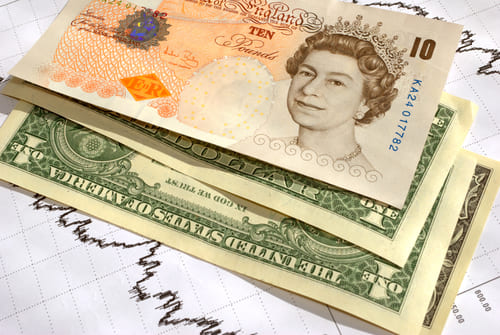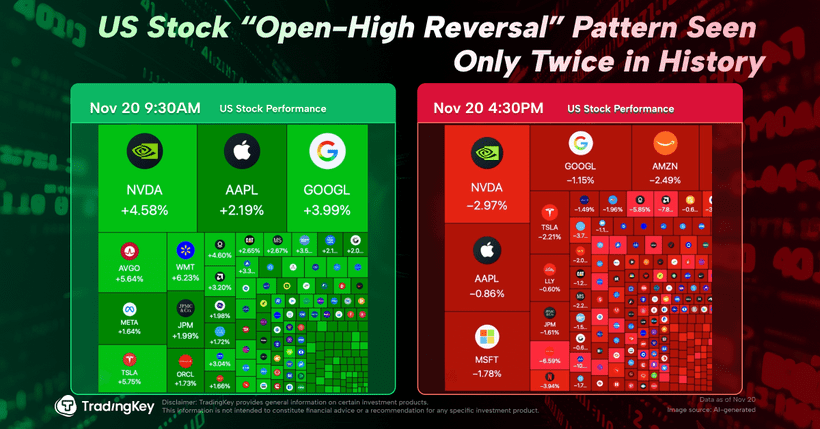GBP/USD rises above 1.2850 ahead of UK Retail Sales figures

- GBP/USD extends its gains due to improved risk sentiment following improved US Retail Sales.
- The Pound Sterling appreciates as UK Retail Sales data is expected to show growth in July.
- The US Dollar struggles due to fully pricing in of a 25 basis point rate cut by the Fed in September.
GBP/USD continues to strengthen for the second consecutive session, trading around 1.2870 during the Asian hours on Friday. The improved risk sentiment, driven by a stronger-than-expected recovery in US Retail Sales, has eased concerns about a potential US recession and boosted risk-sensitive currencies like the Pound Sterling (GBP).
Additionally, the British Pound gained ground due to positive key economic data released on Friday, including Gross Domestic Product (GDP) data, from the United Kingdom (UK). The UK economy expanded 0.6% quarter-on-quarter in the second quarter, as expected. Meanwhile, the GDP rose 0.9% YoY in Q2 vs. 0.9% expected and 0.3% booked in Q1.
Traders await the UK Retail Sales data scheduled for release on Friday, with expectations of a month-on-month rebound to a 0.5% increase for July, up from the previous decline of 1.2%. Additionally, annual growth is projected to rise by 1.4%, reversing the prior decline of 0.2%.
The US Dollar (USD) depreciates as traders fully price in a 25 basis point rate reduction by the US Federal Reserve for September. However, a 50 basis point cut remains a possibility, with the CME FedWatch tool indicating a 26% chance of such a move.
However, the Greenback received support following recent better-than-expected US figures released on Thursday. The US Census Bureau reported that US Retail Sales climbed 1.0% month-over-month in July, a sharp turnaround from June's 0.2% decline, surpassing the projected 0.3% increase. Moreover, Initial Jobless Claims for the week ending August 9 reached 227,000, lower than the forecast of 235,000 and down from 234,000 the previous week.
Furthermore, the preliminary US Michigan Consumer Sentiment Index for August and Building Permits for July will be eyed later in the North American session.
Pound Sterling FAQs
What is the Pound Sterling?
The Pound Sterling (GBP) is the oldest currency in the world (886 AD) and the official currency of the United Kingdom. It is the fourth most traded unit for foreign exchange (FX) in the world, accounting for 12% of all transactions, averaging $630 billion a day, according to 2022 data. Its key trading pairs are GBP/USD, aka ‘Cable’, which accounts for 11% of FX, GBP/JPY, or the ‘Dragon’ as it is known by traders (3%), and EUR/GBP (2%). The Pound Sterling is issued by the Bank of England (BoE).
How do the decisions of the Bank of England impact on the Pound Sterling?
The single most important factor influencing the value of the Pound Sterling is monetary policy decided by the Bank of England. The BoE bases its decisions on whether it has achieved its primary goal of “price stability” – a steady inflation rate of around 2%. Its primary tool for achieving this is the adjustment of interest rates. When inflation is too high, the BoE will try to rein it in by raising interest rates, making it more expensive for people and businesses to access credit. This is generally positive for GBP, as higher interest rates make the UK a more attractive place for global investors to park their money. When inflation falls too low it is a sign economic growth is slowing. In this scenario, the BoE will consider lowering interest rates to cheapen credit so businesses will borrow more to invest in growth-generating projects.
How does economic data influence the value of the Pound?
Data releases gauge the health of the economy and can impact the value of the Pound Sterling. Indicators such as GDP, Manufacturing and Services PMIs, and employment can all influence the direction of the GBP. A strong economy is good for Sterling. Not only does it attract more foreign investment but it may encourage the BoE to put up interest rates, which will directly strengthen GBP. Otherwise, if economic data is weak, the Pound Sterling is likely to fall.
How does the Trade Balance impact the Pound?
Another significant data release for the Pound Sterling is the Trade Balance. This indicator measures the difference between what a country earns from its exports and what it spends on imports over a given period. If a country produces highly sought-after exports, its currency will benefit purely from the extra demand created from foreign buyers seeking to purchase these goods. Therefore, a positive net Trade Balance strengthens a currency and vice versa for a negative balance.








